Are you looking for Decentralized Crypto Exchanges? If Yes, You are at the right place.
The crypto space has taken huge strides in recent years, and in 2025, decentralized exchanges (DEXs) are right at the center of it all. Gone are the days when people had no choice but to rely on centralized platforms with tight controls and middlemen. More and more traders are looking for platforms where they can stay anonymous, keep full control of their assets, and avoid long verification processes. That’s where DEXs shine, they let you trade peer-to-peer, straight from your wallet, no sign-ups, no gatekeepers.
Whether you’re someone just stepping into crypto or you’ve been trading for years, knowing how DEXs work will help you make smarter decisions. In this article, you will learn about Decentralized Crypto Exchanges to Consider in 2025, and for a deeper understanding of how to securely store your assets, check out our article on the Best Cryptocurrency Wallets.
What Are Crypto Exchanges?
Crypto exchanges are online platforms where people go to buy, sell, or swap cryptocurrencies like Bitcoin, Ethereum, or other digital assets. You can think of them like digital marketplaces, but instead of shopping for clothes or electronics, you’re trading coins and tokens. These platforms are essential for anyone who wants to enter the crypto world, whether you’re just getting started or actively trading.
There are two main types of crypto exchanges: centralized and decentralized. Centralized exchanges, often referred to as CEXs, are operated by companies that manage everything for you. They hold your funds, verify your identity, and process your trades. On the other hand, decentralized exchanges, or DEXs, take a completely different approach by letting users trade directly with each other using blockchain technology.
These platforms don’t control your money or require you to sign up with personal information, which makes them more private and secure for many users. If you’re looking for a broader view, check out our Article on the Best Cryptocurrency Exchanges to explore your options.
How Do Crypto Exchanges Work?
Crypto exchanges function by connecting people who want to buy crypto with those who are looking to sell. This is usually done through systems like order books or liquidity pools. On centralized exchanges, the platform handles everything for you. It stores your funds in a custodial wallet, shows you the market prices, and matches your order with someone else’s. It’s a smooth process, especially for beginners, but it means trusting a third party to manage your assets.
Decentralized exchanges, on the other hand, use smart contracts to make trades happen without needing any central authority. Instead of giving up control of your crypto, you keep everything in your own wallet. When you want to make a trade, the DEX’s smart contract handles the transaction automatically. This gives you full control over your funds and reduces the risk of your assets being frozen, hacked, or mismanaged by someone else.
What Do You Mean by Decentralized?
Decentralized means there’s no single person, company, or authority in charge. Instead, everything runs on a network of computers spread across the world. Each computer, or node, works together to keep the system running and secure. This makes it almost impossible for any one group to take control or shut things down.
In the crypto world, decentralization is a big deal. It means more freedom, fewer restrictions, and greater transparency. When you’re using a decentralized platform, you’re not depending on a company to hold your funds or approve your transactions. You’re in full control, which is a major advantage for users who value privacy and independence.
What Is a Decentralized Crypto Exchange?
A decentralized exchange, often referred to as a DEX, is a type of crypto platform that works without involving any centralized authority or third-party intermediaries. These exchanges are powered by smart contracts built on blockchain networks, allowing users to trade cryptocurrencies directly with each other in a trustless and secure environment.
Unlike centralized platforms, the best decentralized crypto exchanges do not hold users’ funds, which means they are less likely to be targeted by hackers. This setup gives users full control over their assets and private keys, enhancing both transparency and security.
In recent years, the traditional methods of crypto trading have started fading out as decentralized exchanges gain more popularity. Instead of using the old order book system, DEXs rely on liquidity pools and automated market makers to match buyers and sellers. This model ensures continuous trading and fair pricing, making DEX platforms a go-to choice for many crypto enthusiasts in 2025.
How Do Decentralized Crypto Exchanges Work?
Decentralized exchanges operate using blockchain-based smart contracts that execute trades between users. They don’t hold your money or require an account. Instead, you connect your crypto wallet, choose your tokens, and confirm the trade. Everything happens on-chain, right in front of your eyes.
There are two main systems used in DEXs: order books and automated market makers (AMMs). Order book-based DEXs work similarly to traditional platforms, where traders place buy and sell orders and wait for someone to match them. AMMs, however, work with liquidity pools—collections of crypto that users deposit into the platform. When you make a trade using an AMM, you’re swapping with the pool rather than another person directly.
These systems make trading quick and efficient. Plus, because your crypto stays in your wallet until the moment the trade is executed, you always have control over your funds. This structure makes decentralized exchanges a secure, transparent, and increasingly popular way to trade digital assets.
Why Invest in Decentralized Crypto Exchanges?
Here are some reasons why invest in decentralized crypto exchanges:
1. Full Control Over Your Funds
With DEXs, you don’t hand over your assets to a third party. Instead, you keep full control of your private keys and crypto at all times. This eliminates the risk of losing funds due to exchange hacks, shutdowns, or mismanagement.
2. Enhanced Security
Because there is no central wallet holding user funds, DEXs are much less attractive targets for hackers. Your crypto stays in your own wallet until a trade is made, which makes it much safer than centralized platforms where millions are stored in one place.
3. Better Privacy
Most decentralized exchanges don’t require you to complete KYC (Know Your Customer) procedures. That means you can trade without uploading your ID, address, or other personal information—making it a good option if you value your privacy.
4. Access to DeFi Opportunities
DEXs are deeply connected with the DeFi ecosystem. You can earn through staking, yield farming, liquidity provision, and other decentralized financial tools—features that many centralized platforms don’t offer or limit.
5. New and Rare Tokens
Many new crypto projects launch on DEXs first. This gives users the chance to get early access to trending tokens and low-cap coins before they’re listed on major centralized exchanges.
6. No Central Authority
In a DEX, there’s no company or government in control. Everything runs through smart contracts on the blockchain. This means no one can freeze your account, halt trading, or censor your activity.
7. Lower Risk of Downtime
Since DEXs run on decentralized networks, they are less likely to go offline. There’s no single point of failure, so even if one part of the system has issues, the rest continues to work.
8. Open and Transparent System
DEXs are built on open-source code and smart contracts. Anyone can inspect how the system works. This transparency builds trust, and users can be sure that trades are being executed fairly and as programmed.
9. Supports the Vision of Decentralization
By investing time, money, or resources into DEXs, you’re supporting the broader vision of decentralized finance. This includes giving people more financial freedom, removing middlemen, and building an open financial system for everyone.
10. Potential for Long-Term Growth
As more users move toward self-custody and decentralized finance, DEXs are expected to grow rapidly. Getting involved early—whether through platform tokens, liquidity pools, or regular use—can offer solid long-term value.
Top 10 Decentralized Crypto Exchanges to Consider in 2025
Here are the list of Top 10 Decentralized Crypto Exchanges to Consider in 2025..
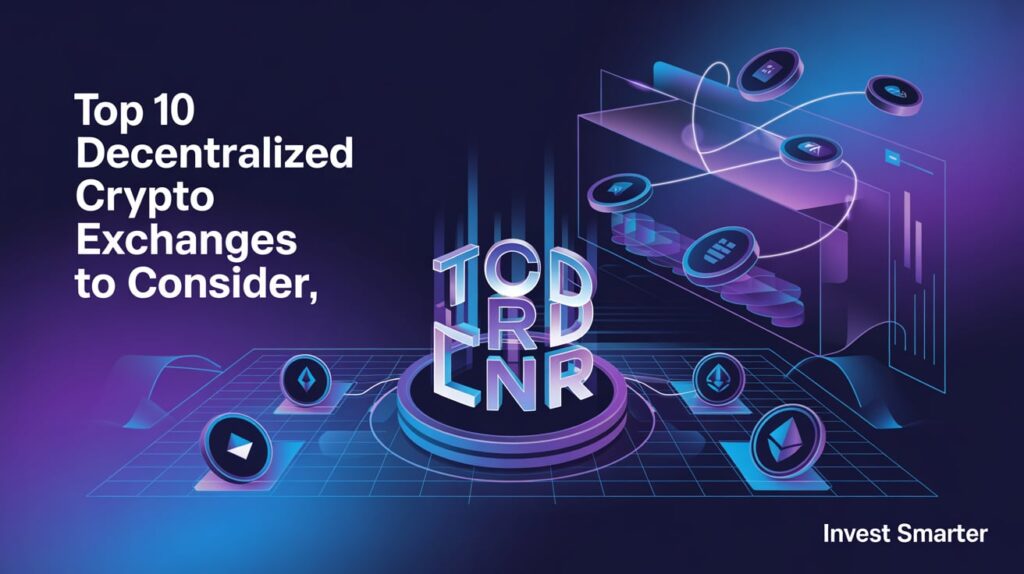
1. Uniswap
Uniswap is one of the most well-known decentralized exchanges in the crypto space. Launched in 2018, it played a crucial role in popularizing the Automated Market Maker (AMM) model, which allows users to trade crypto assets without relying on an order book.
Operating on the Ethereum blockchain, Uniswap supports a wide range of tokens, including Ethereum-based ERC-20 tokens, and benefits from a large, active liquidity pool. Its open-source nature and user-friendly interface have made it a go-to platform for both beginner and experienced traders alike.
Features:
- Automated Market Maker (AMM) system
- Compatible with Ethereum and Layer 2 networks
- Large and active liquidity pools
Pros:
- Beginner-friendly
- Massive token selection
- Community-driven
Cons:
- Gas fees can be painful on Ethereum
- Subject to front-running by bots
2. Coinbase Wallet + DEX Integration
Coinbase Wallet’s integration with decentralized exchanges brings a unique blend of convenience and control. While Coinbase itself remains a centralized exchange, its wallet allows users to interact with decentralized exchanges directly from the app.
This feature gives users full control over their crypto assets, providing the security benefits of decentralization while maintaining the easy setup and trusted brand of Coinbase. With the added benefit of accessing decentralized finance (DeFi) applications, Coinbase Wallet offers a simple gateway into the world of DEXs.
Features:
- Non-custodial wallet
- Access to DeFi and dApps
- Built-in DEX interface
Pros:
- Easy to set up
- Backed by a trusted brand
Cons:
- Still linked to a centralized ecosystem
- Doesn’t offer as many pro features
3. Curve Finance
Curve Finance is a decentralized exchange platform specifically designed to optimize stablecoin swaps. Curve allows users to make trades between different stablecoins with incredibly low slippage, making it the preferred choice for traders focused on low-cost, high-efficiency trading.
Additionally, Curve’s yield farming options allow users to earn rewards for providing liquidity to its pools. Though the interface can be a bit overwhelming for beginners, it is one of the most effective platforms for stablecoin traders and DeFi enthusiasts.
Features:
- Optimized for stablecoins
- Advanced yield farming strategies
Pros:
- Incredibly low fees
- High efficiency for stable swaps
Cons:
- Confusing interface
- Not ideal for trading regular tokens
4. 0x Protocol
0x Protocol isn’t a typical decentralized exchange; instead, it’s a protocol designed for developers to create their own decentralized trading applications. This protocol enables off-chain order books and on-chain settlement, allowing users to trade assets without depending on centralized exchanges.
0x aims to connect different liquidity sources in a decentralized manner, offering a flexible platform that supports various DeFi applications. While it may not be a one-stop-shop for most users, its open-source nature and adaptability make it a favorite for developers in the crypto space.
Features:
- Developer-focused
- Off-chain order relay, on-chain settlement
Pros:
- Gas-efficient
- Highly flexible
Cons:
- Not a one-stop-shop DEX
- Needs technical knowledge to fully utilize
5. IDEX
IDEX combines the best features of centralized and decentralized exchanges. It uses a hybrid model where off-chain trade matching is employed to provide speed and efficiency, while on-chain settlement ensures the security and transparency of transactions.
This balance allows IDEX to handle trades quickly while maintaining decentralized control over funds. Despite being faster than many other DEXs, it is not fully decentralized, and some users may find it less transparent than fully decentralized AMM-based platforms.
Features:
- Hybrid model
- Off-chain trade execution
Pros:
- Fast and responsive
- Lower gas costs
Cons:
- Not fully decentralized
- Less transparent than AMM-based DEXs
6. PancakeSwap
PancakeSwap is the leading decentralized exchange on the Binance Smart Chain (BNB Chain). Known for its low transaction fees, fast trading speeds, and unique community features like lotteries and NFT farms, PancakeSwap offers users a fun and engaging way to interact with decentralized finance.
While it is limited to the BNB Chain, its extensive suite of features, including yield farming, staking, and token swaps, makes it a popular choice for many traders in the DeFi space.
Features:
- BEP-20 token trading
- Farming, staking, and gaming options
Pros:
- Super low fees
- Packed with extra features
Cons:
- Locked to the BNB Chain
- Less exposure outside the Binance ecosystem
7. Huobi Wallet (iToken)
Huobi’s iToken wallet is an innovative platform that gives users access to decentralized exchanges and DeFi tools across multiple blockchains. The wallet itself is non-custodial, meaning users maintain control of their private keys and assets.
With built-in dApp access, iToken enables users to interact seamlessly with decentralized applications. While it is closely tied to the Huobi ecosystem, it offers a broad DeFi reach and a strong focus on privacy.
Features:
- Multi-chain support
- Built-in dApp access
Pros:
- Strong privacy
- Broad DeFi reach
Cons:
- Still tied to Huobi
- Lacks the polish of bigger DEXs
8. KuCoin Wallet (Halo)
KuCoin’s Halo wallet provides users with an intuitive platform for exploring decentralized finance (DeFi) and decentralized exchanges. As a non-custodial wallet, Halo ensures that users retain full control over their crypto assets.
The wallet also includes access to dApps, trading, and staking, making it an excellent choice for those looking to dive deeper into the world of DeFi. Although it is still relatively new, it shows a lot of potential and offers a user-friendly experience.
Features:
- Built-in DEX tools
- dApp browser
Pros:
- Easy to use
- Supports tons of assets
Cons:
- Still relatively new
- Ecosystem still growing
9. SushiSwap
SushiSwap was initially created as a fork of Uniswap, but over time, it has added unique features to differentiate itself from its predecessor. SushiSwap has become a multi-chain decentralized exchange offering a wide range of DeFi tools, including lending, staking, and its own token launchpad.
Its focus on community-driven development and innovation has helped it carve out a strong niche within the decentralized exchange space.
Features:
- Multi-chain AMM
- Lending and launchpad features
Pros:
- Active DeFi community
- Cross-chain options
Cons:
- History of drama with its founding team
- Governance has seen ups and downs
10. ApeSwap
ApeSwap is a decentralized exchange that brings a fun and gamified approach to decentralized finance. Built on the BNB Chain, ApeSwap offers all the core DeFi features like token swapping, farming, and liquidity pools, with the added bonus of community-focused incentives like NFTs and yield farming rewards.
While its focus on the BNB Chain limits its reach compared to other DEXs, its unique features and fun interface have made it a favorite for users seeking something more interactive and engaging in the DeFi space.
Features:
- Yield farming
- Token launch platform
Pros:
- Fun to use
- Great for exploring DeFi
Cons:
- Limited token variety
- Not as much liquidity as top-tier DEXs
Differences Between Centralized and Decentralized Exchanges
| Feature | Centralized Exchange (CEX) | Decentralized Exchange (DEX) |
|---|---|---|
| Custody of Funds | Held by exchange | Controlled by users |
| KYC Requirements | Yes | Often No |
| Speed | Faster | Slower due to blockchain |
| Privacy | Low | High |
| Security | Risk of hacks | You manage your keys |
| Token Availability | Limited | Usually broader selection |
Advantages and Disadvantages of Decentralized Crypto Exchanges
Here are the Advantages and Disadvantages of Decentralized Crypto Exchanges…
Advantages of Decentralized Crypto Exchanges
- You’re in full control of your assets
- Your identity stays private
- Access new tokens early
- Helps you stay ahead of the DeFi curve
Disadvantages of Decentralized Crypto Exchanges
- Not beginner-friendly
- Some interfaces can be clunky
- No customer support
- Transactions can be slower
Frequently Asked Questions (FAQs)
Are Decentralized Exchanges Safe?
Yes, decentralized exchanges (DEXs) are generally safe, but security ultimately depends on how you handle your assets and interactions. Since DEXs operate without a central authority, they reduce the risk of a single point of failure. However, you are responsible for your own security, meaning you need to be vigilant when interacting with these platforms.
Always ensure that your private keys and wallets are stored securely and never share them with anyone. Avoid clicking on suspicious links, as phishing scams are a common threat in the crypto space. Additionally, always use hardware wallets for extra protection when making large transactions or holding significant amounts of crypto.
Can I Use DEXs without Verifying My Identity?
Yes, most decentralized exchanges do not require identity verification (KYC – Know Your Customer) to start trading. DEXs are designed to prioritize user privacy and autonomy, allowing users to connect their wallets and trade directly without sharing personal information.
This is one of the key benefits of decentralized exchanges, as it ensures that you can maintain complete control over your assets. However, it’s essential to remember that even though DEXs may not require KYC, users should still be cautious and ensure they are interacting with legitimate platforms. In some jurisdictions, regulatory requirements may change, so it’s important to stay updated on any local regulations.
What are Gas Fees on DEXs?
Gas fees refer to the transaction costs you pay to the blockchain network in order to execute a trade or interact with a smart contract on a decentralized exchange. These fees are not paid to the DEX itself but rather to the network that facilitates the transaction. For example, on Ethereum, gas fees can be quite high during periods of network congestion, making trades more expensive.
On other networks like Binance Smart Chain (BNB) or Layer 2 solutions such as Optimism or Arbitrum, gas fees are typically much lower. The cost of gas fees varies depending on the blockchain being used and the level of network activity, so it’s crucial to be aware of current gas prices when trading on DEXs.
Are DEXs Legal in the USA?
Yes, decentralized exchanges are legal in the United States. However, the regulatory landscape for DEXs and cryptocurrencies as a whole is still evolving. While trading on DEXs is currently allowed, the U.S. government and financial regulators, such as the SEC (Securities and Exchange Commission) and CFTC (Commodity Futures Trading Commission), are actively working to develop clearer rules and guidelines for cryptocurrency exchanges and related activities.
It’s important to stay informed about the latest legal developments, as new laws could impact how DEXs operate or how you interact with them. Users should also be cautious and keep an eye on any state-level regulations, as the legality of using certain DEXs may vary depending on where you live.
Conclusion
Decentralized exchanges are no longer a niche corner of the crypto world. In 2025, they’re powering a big part of DeFi, giving users more control, privacy, and access than ever before. Whether you want to trade the newest tokens, escape the middlemen, or just experiment with DeFi, these DEXs have something for you.
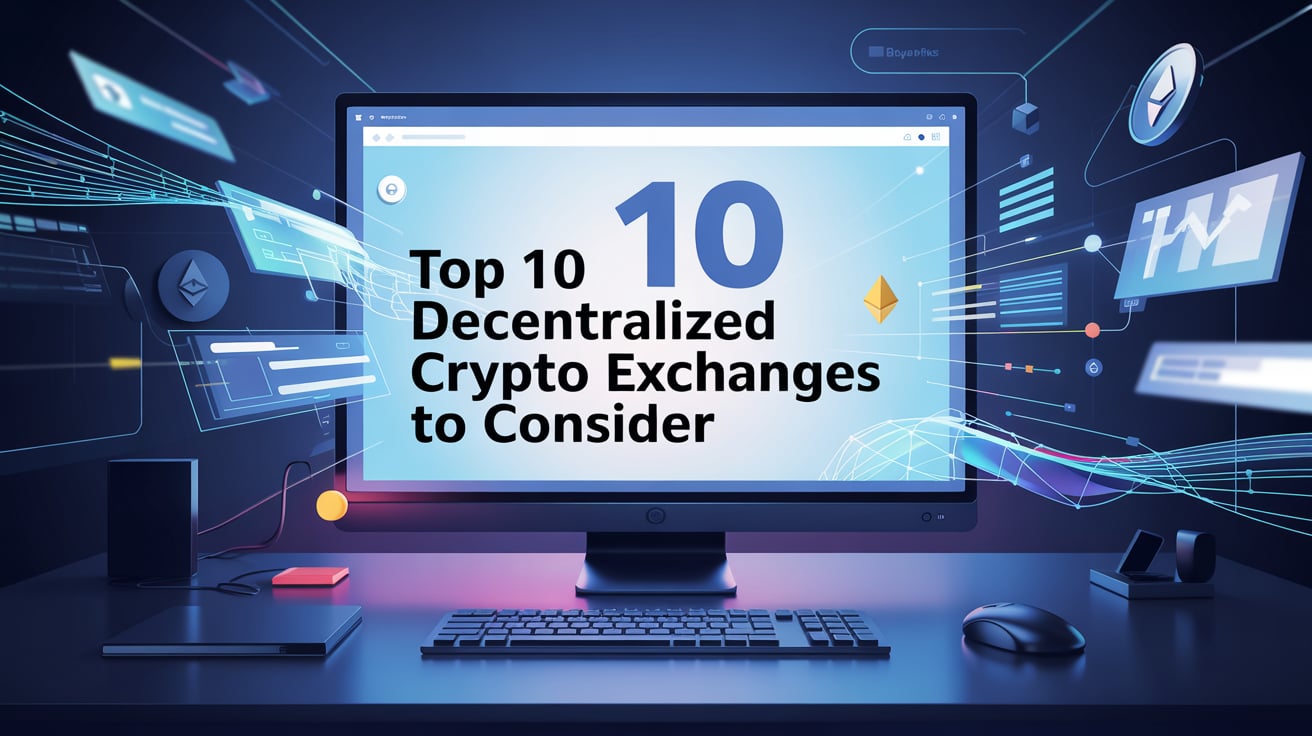
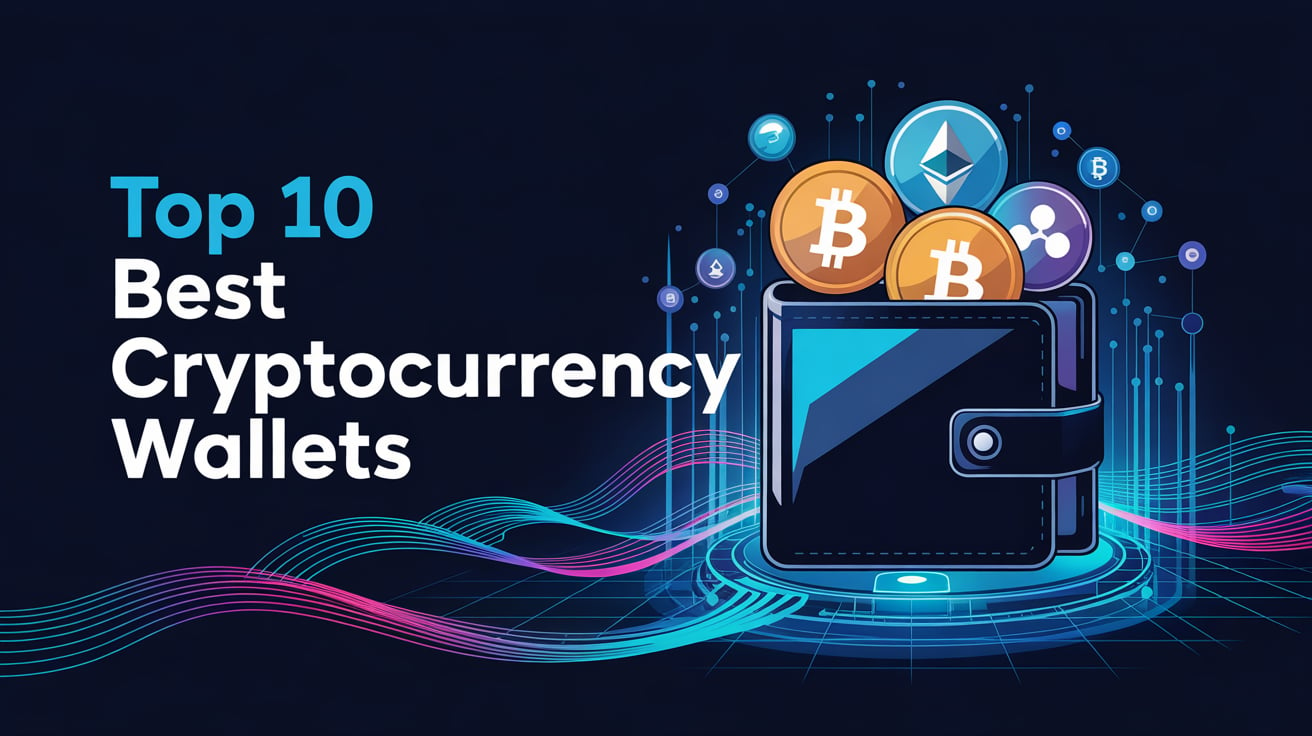
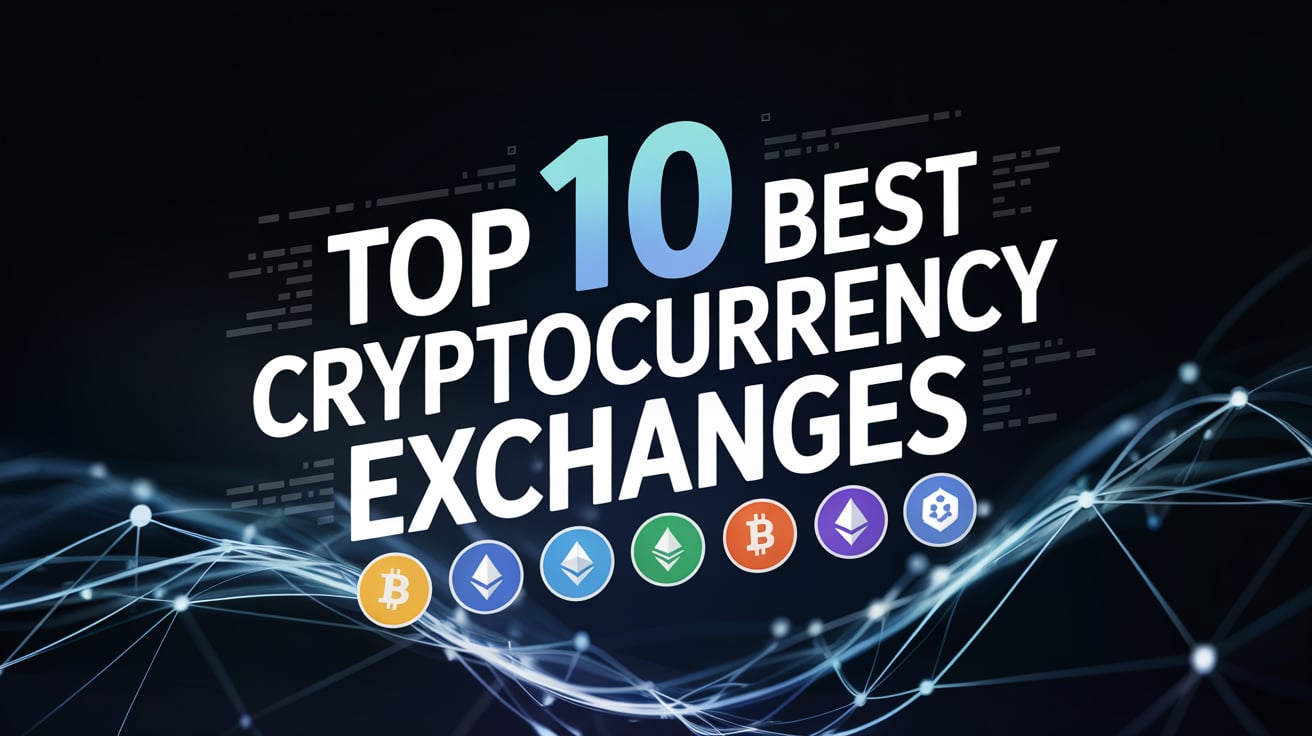
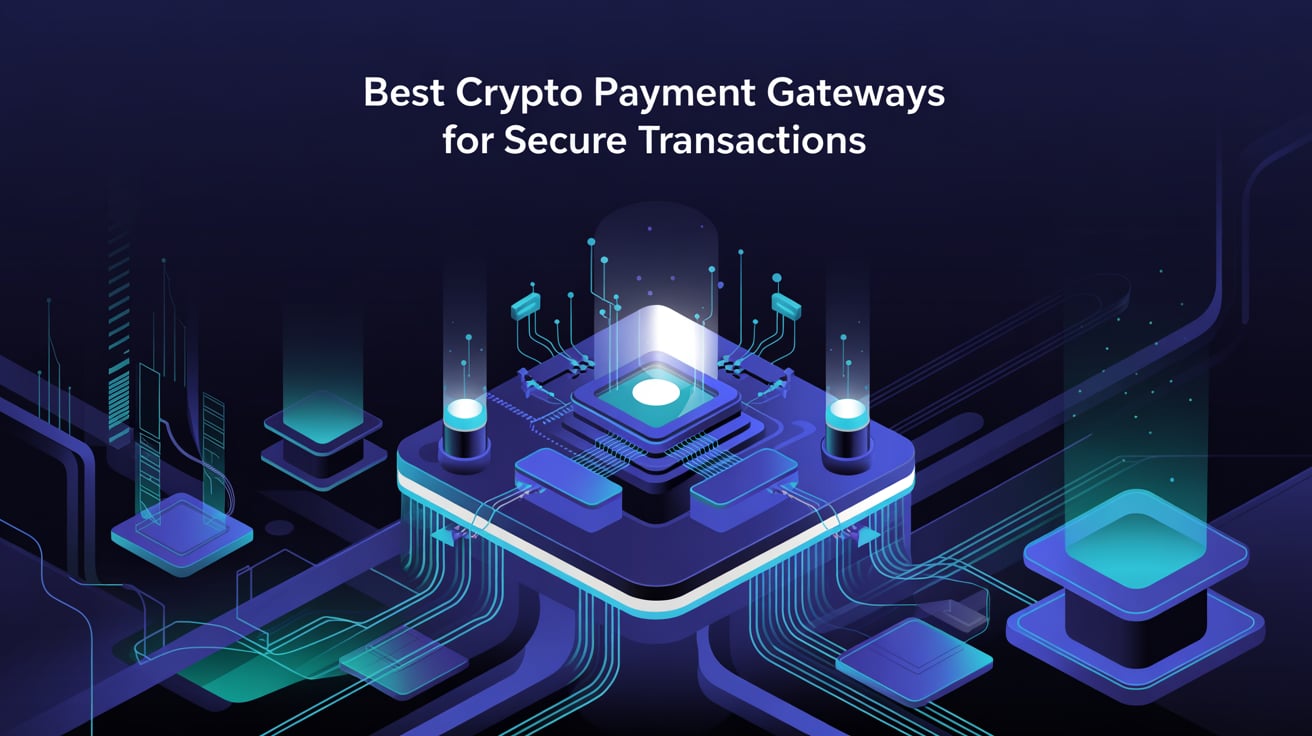
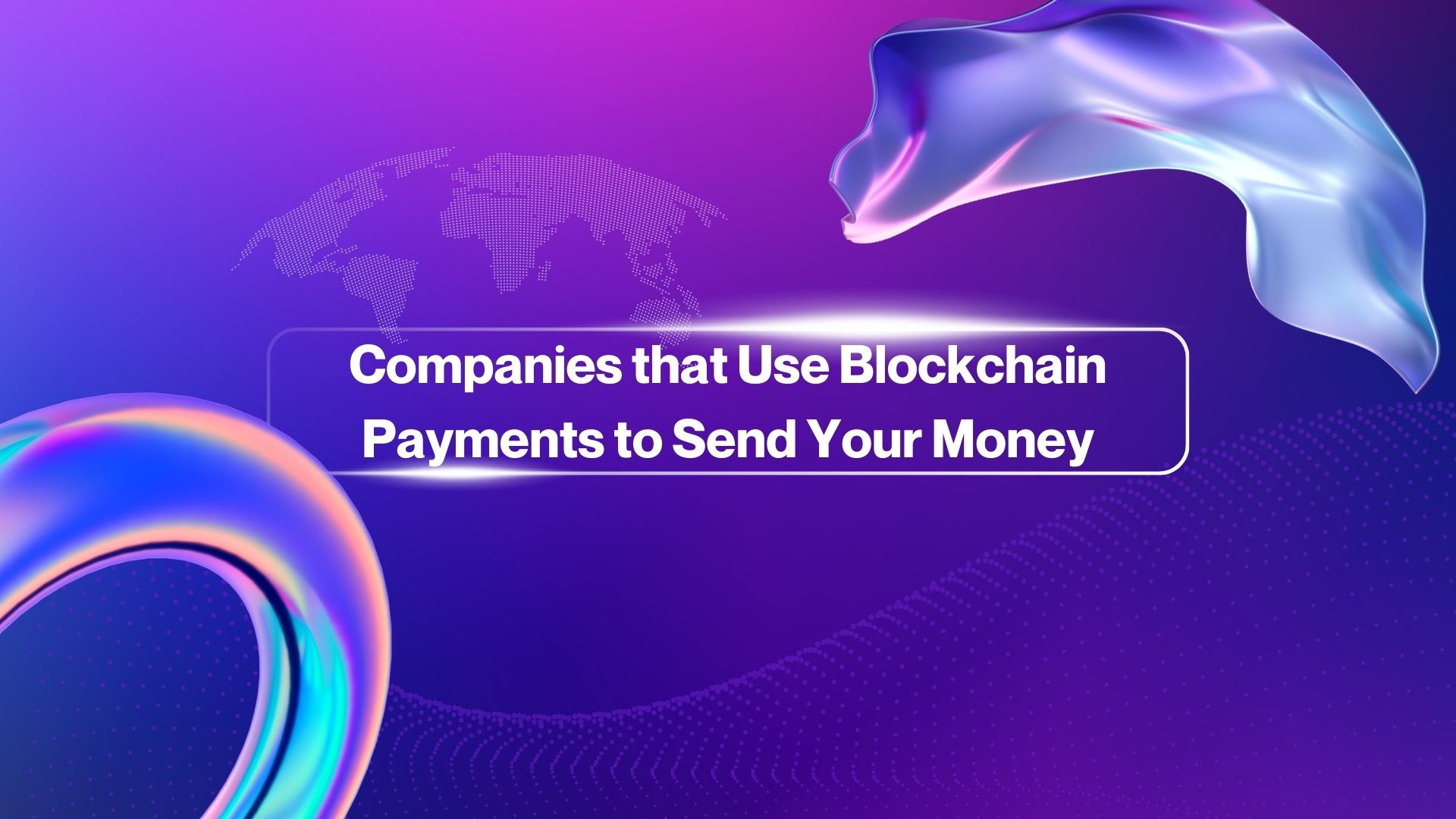
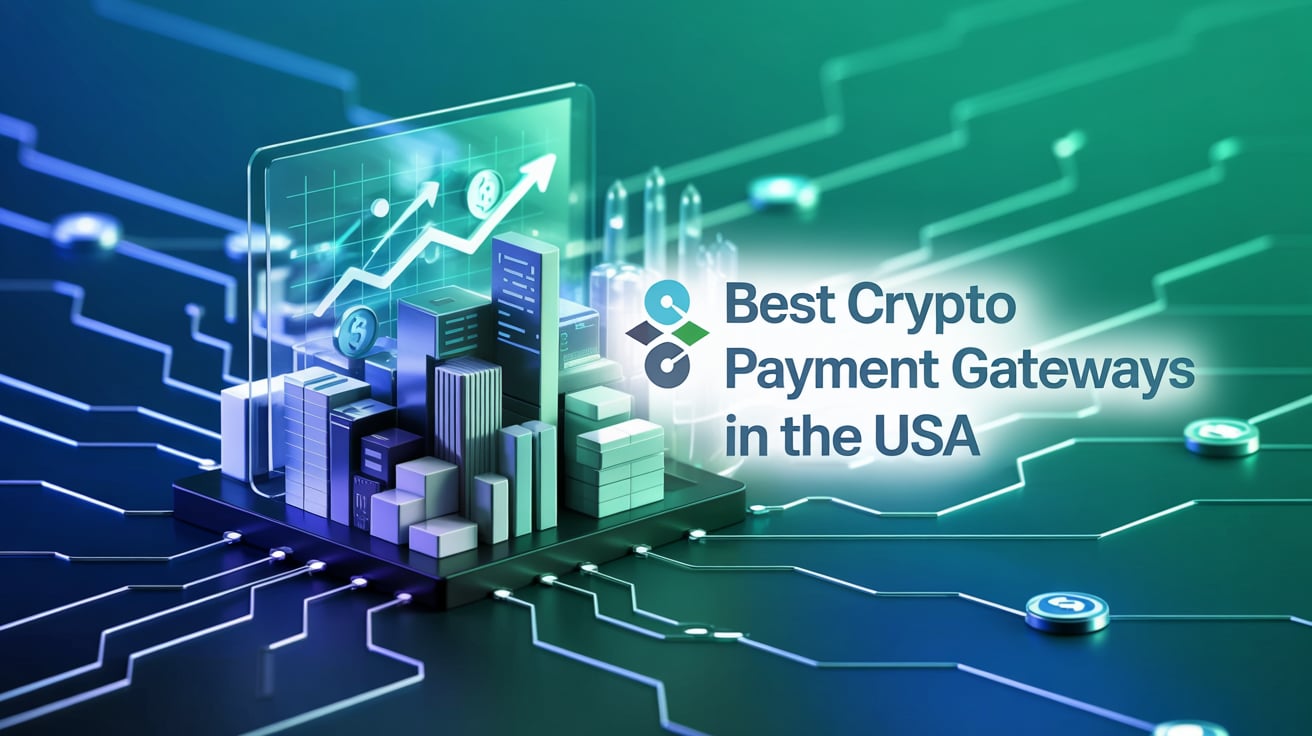

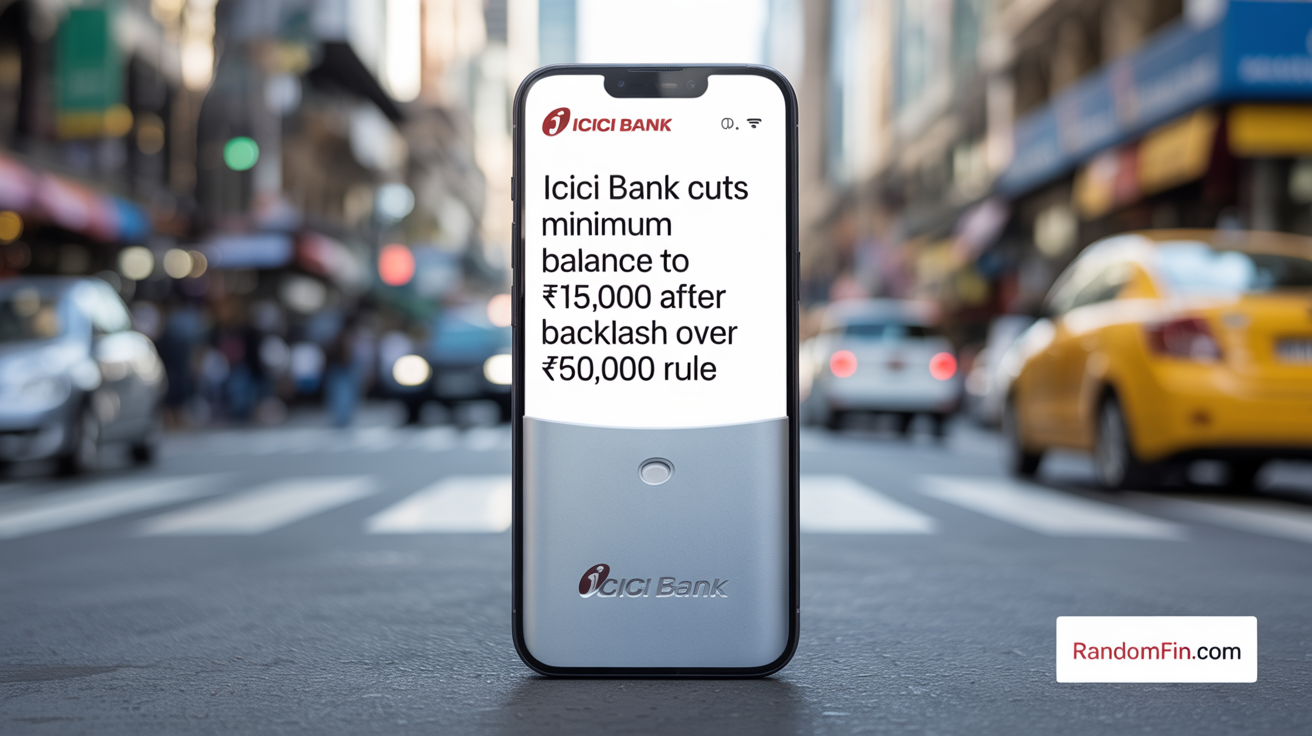

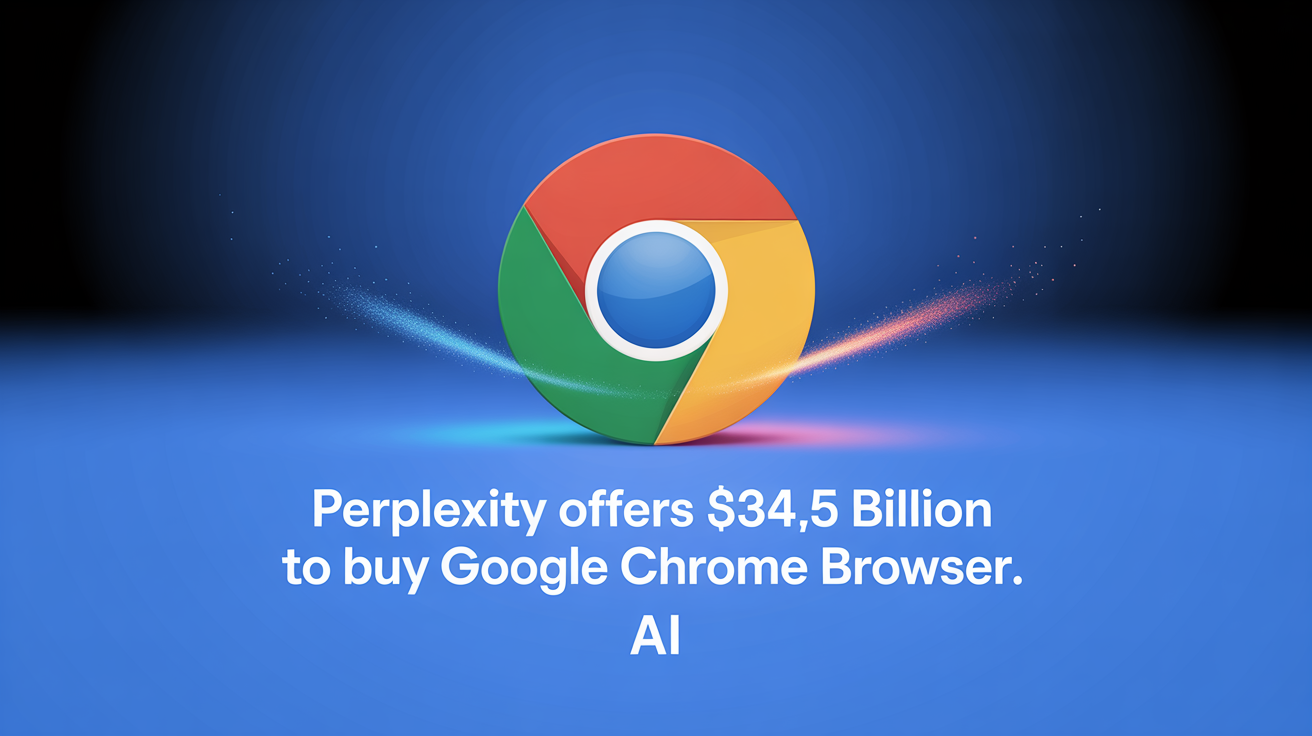
Leave a Reply